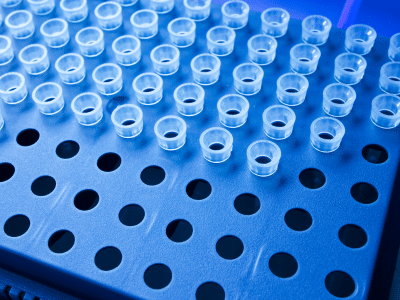Eco-responsibility is an imperative topic. We must preserve the environment. However, this demand comes up against the constraints to which the laboratory is subjected. It is inexorable and we do not see how to do otherwise:
The laboratory uses mostly single-use, plastic, packaged and over-packaged consumables. This is the only way to get reliable results. The enormous quantity of hazardous waste garbage cans incinerated every day is the tip of the iceberg. The environmental impact of the medical biology sector is substantial.
However, the players are increasingly including environmental criteria in public and private tenders, and everyone, even outside the professional field, is concerned about promoting it. It is more and more difficult for laboratory technicians not to find opportunities to act in favor of the environment in their daily activity.
Eco responsibility and laboratory: what does the legislation say?
To date, no law requires the use of recycled, biosourced or biodegradable plastic in the laboratory.
Laws exist on specific single-use consumables or lightweight plastic bags.
Outside of these product categories, there are no legal obligations.
However, the so-called “environmentally friendly” offer is vast and needs to be well understood before switching to an “eco-responsible” product
What is an eco-responsible product?
The heart of eco-responsibility is the impact on the environment during the entire life cycle – from conception to destruction – of a product.
This is why a product can be eco-responsible if its environmental impact is reduced during its destruction. We can then talk about biodegradable plastic for example.
Recycled plastic is part of a circular economy reasoning thanks to the recovery of plastic waste generated during the manufacturing of new plastic parts for example; manufacturers reinject this “clean” waste into the manufacturing process to allow the introduction of recycled materials.
During the manufacturing process, depending on the quality of the plastic and its physical and chemical properties, an industrialist can use non-fossil materials. Materials of biological and natural origin such as sugar cane can indeed be an effective replacement raw material. From then on, the plastic thus produced will be a biosourced plastic. The positive environmental impact is then directly linked to the fact that the manufacture of plastic do.
Eco-responsibility: on which type of products should we act?
Biological constraints are obviously an obvious obstacle to the widespread use of eco-responsible products. Indeed, the release of a component of the plastic or the possible interference with the analyses can generate an erroneous result and thus a bad patient care.
Therefore, without further studies available at this time, we must focus our research on products that do not come into contact with the primary sample.
The impact must be visible quickly. Therefore, ecological criteria should be implemented on products used in large numbers and generating a large volume of expensive waste.
When we select an offer for laboratories at LABELIANS, we commit ourselves to choose manufacturers who innovate to offer you eco-responsible solutions adapted to a laboratory use.
To go further, we suggest you to read this article




